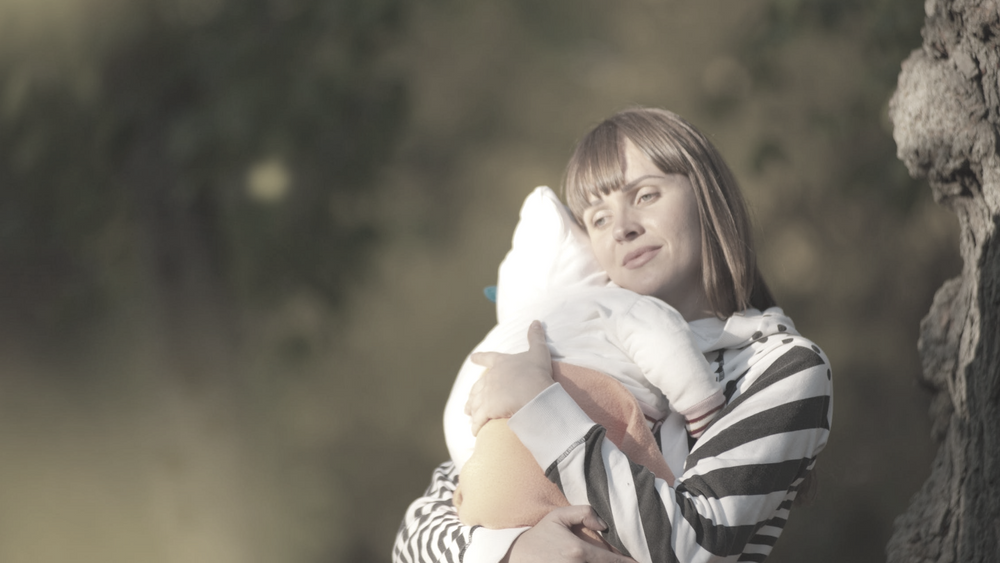
Babies hate it when you take a seat. They are like tiny army sergeants, requiring parents to constantly stand to attention or march back and forth across the room in order to get them to quit kicking and crying. Why? What difference does it make to a baby whether you're standing or not?
Apparently, it has to do with the inbuilt flight response human's have after a number of millennia spent being eaten by very large felines. So from a baby's perspective, when the person holding you is standing up all set to run, it makes good sense to be still so as not to interfere with their escape.
“The infant calming response to maternal carrying is a coordinated set of central, motor, and cardiac regulations,” according to the researchers of a 2013 study who watched both human and rodent mothers attempting to soothe their fussy newborns. “Infants under six months of age carried by a walking mother immediately stopped voluntary movement and crying and exhibited a rapid heart rate decrease.”
This can be exhausting for mums and dads, but it brings significant survival advantages.
“The calming responses may increase the survival probability of the infant in cases of emergency escape by the mother-infant dyad,” the researchers added.For the research, ECGs were affixed to 12 healthy babies and their mothers were asked to put them down in a crib, hold them while seated, or carry them around for 30 seconds. The results verify what most mums and dads currently recognise - children are happier when you're strolling, restless when you are sitting, and downright inconsolable when in a crib. But this research also tracked exactly how each infant's heart-rate slowed whenever their mothers stood up.
“Heart rate variability analyses revealed that…[heart rate decrease] was significantly higher during carrying than during holding,” the authors wrote. “These data suggest that infants were more relaxed during carrying than during holding, not only behaviourally but also physiologically.”
Here's a video clip of one of those experiments. Notice exactly how, when the mum is strolling, her child's heart rate slows (the chart is inverse so the higher the spikes the LOWER the heart-rate).
The same things appears to exist in mice. Researchers discovered that infant mice also calm down when their mothers carry them by the napes of their necks. For the authors, this discovery offered a clue as to why children tend to chill out when they're being held. It's much easier for a parent to go on holding a relaxed child - and that means they can both make a quicker retreat if danger strikes.
The discoveries have instant implications for dads looking for a scientifically surefire method to soothe their youngsters after painful injections or scary storms: start pacing. By tapping into an evolutionary path as old as our most far-off animal relatives, you can lower their heart rate and help them soothe their mind.
The lesson here is that, for parents who can't sit down without setting off bouts of intense crying, it's not you - it's evolutionary biology.

